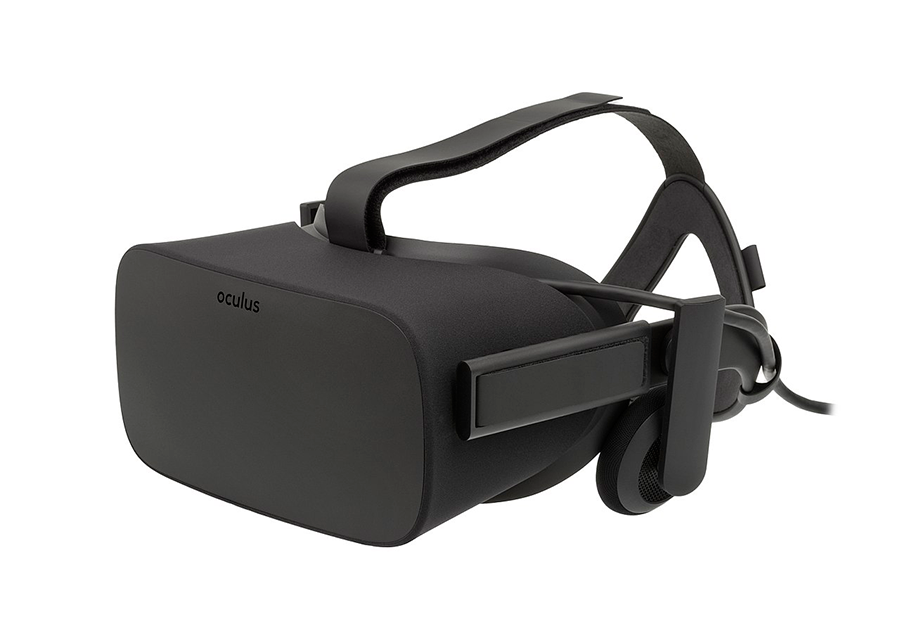VRHealth, a Boston-based Israeli health tech company, announced a partnership with Oculus, to bring their newest health and wellness solutions using a range of Oculus products to the healthcare industry.
At present, VRHealth uses Oculus Go and Rift to provide Virtual Reality technology solutions for a variety of health issues, from pain management for birthing mothers and cancer patients during chemotherapy to easing patient anxiety before and after surgery. The company has set-up VR platforms in thirty locations across the U.S. at various medical facilities and hospitals including Stanford Sports Medicine, Spaulding Rehabilitation Network, Hoag Hospital Network, and Mass General Hospital’s Sports Medicine Center, reports Forbes.
“This is not science fiction, we already see the growth and acceptance of VR in the healthcare market,” Eran Orr, CEO, VRHealth, told Forbes. “Since our hard launch in May 2018, we have seen 10% weekly compound growth rate in VR treatment across those 30 locations.”
Related Neurometrix Unveils Its Latest Innovation Quell 2.0: A Wearable Pain Relief Technology
VRHealth aims to provide non-invasive medical tools, which utilize technology such as artificial intelligence and cloud computing algorithms to provide valuable data analytics. Data accumulated from patients gets updated in real-time, allowing doctors to quickly modify the patient’s treatment plan. The company sees great potential of this technology in benefiting both patients and healthcare professionals.

“Virtual reality has the power to ease the pain of chemotherapy treatment, create a seamless environment for physical therapy exercises, and train children with ADHD to focus their attention, “said Orr. “It used to be that when people thought of virtual reality – entertainment and games were the first application that came to mind but we see that applying the effects of VR to the healthcare industry has the potential to improve many lives and aid doctors in providing personalized and comfortable experiences for their patients.”
With the rise of opioid crisis in recent months, VR has emerged as a potential drug-free tool for pain management.
Several studies have been conducted to evaluate the efficacy of VR to reduce pain. While the mechanism by which it works isn’t fully understood, the studies have revealed that it can aid, in part, because it works as a totally immersive distraction.
Related Virtual Reality Help Kids Overcome Fear of Immunization
Orr says the need for VR in healthcare will outpace that of gaming or social, and he believes Virtual Reality will become a game changer for the healthcare market in three years.
“I truly believe VR will change healthcare and will be in every hospital and every rehab center in three years,” Orr said. “The technology in the VR market is still growing, it’s like the first stage of the iPhone, but as big tech companies, like Oculus, create end evolve their technology our business grows as well.”









